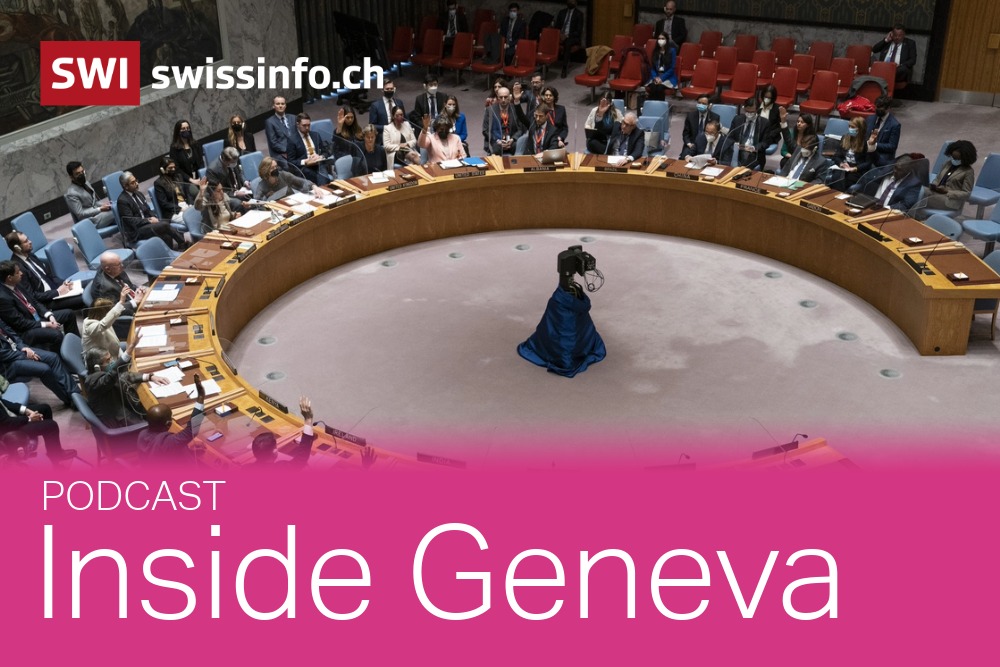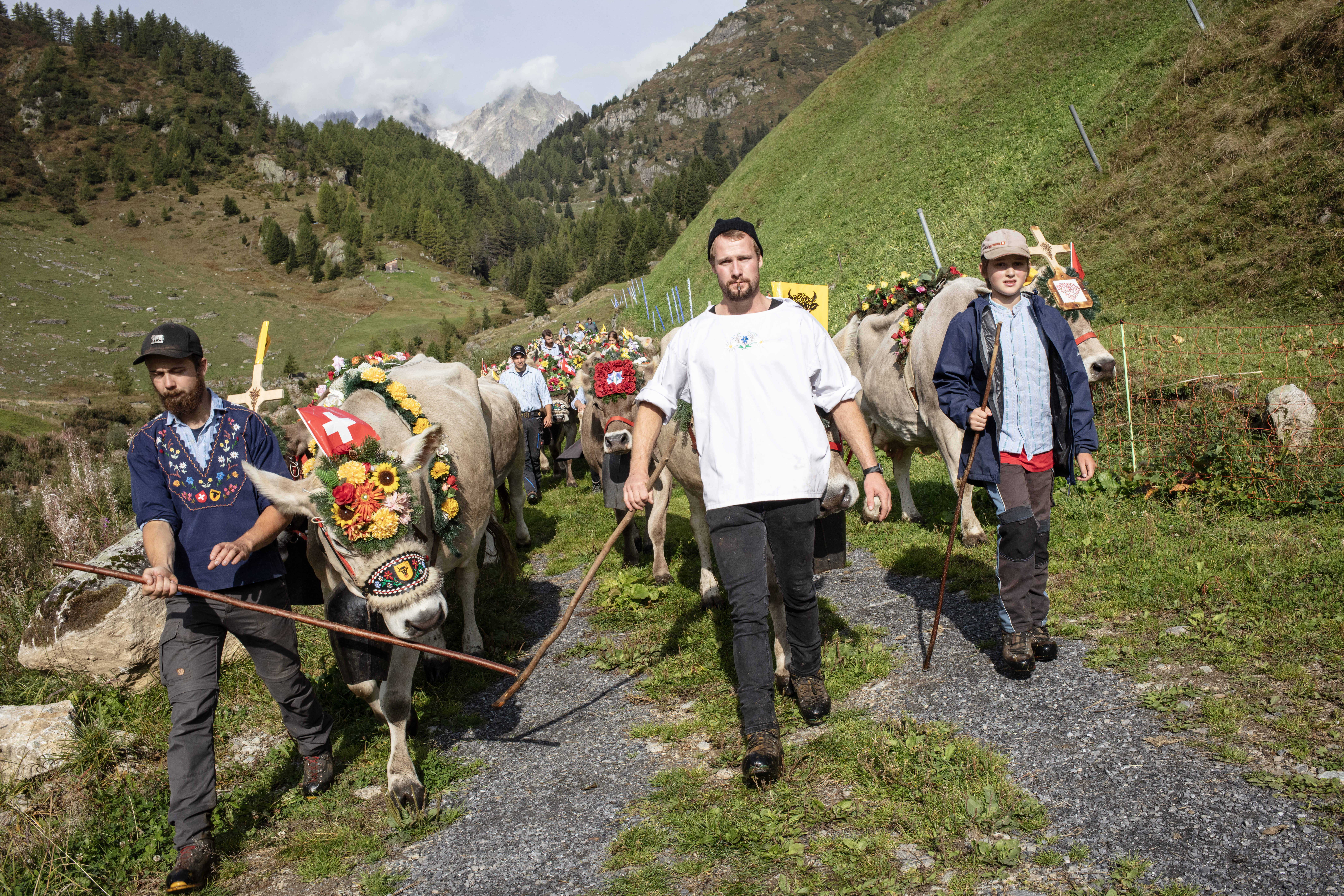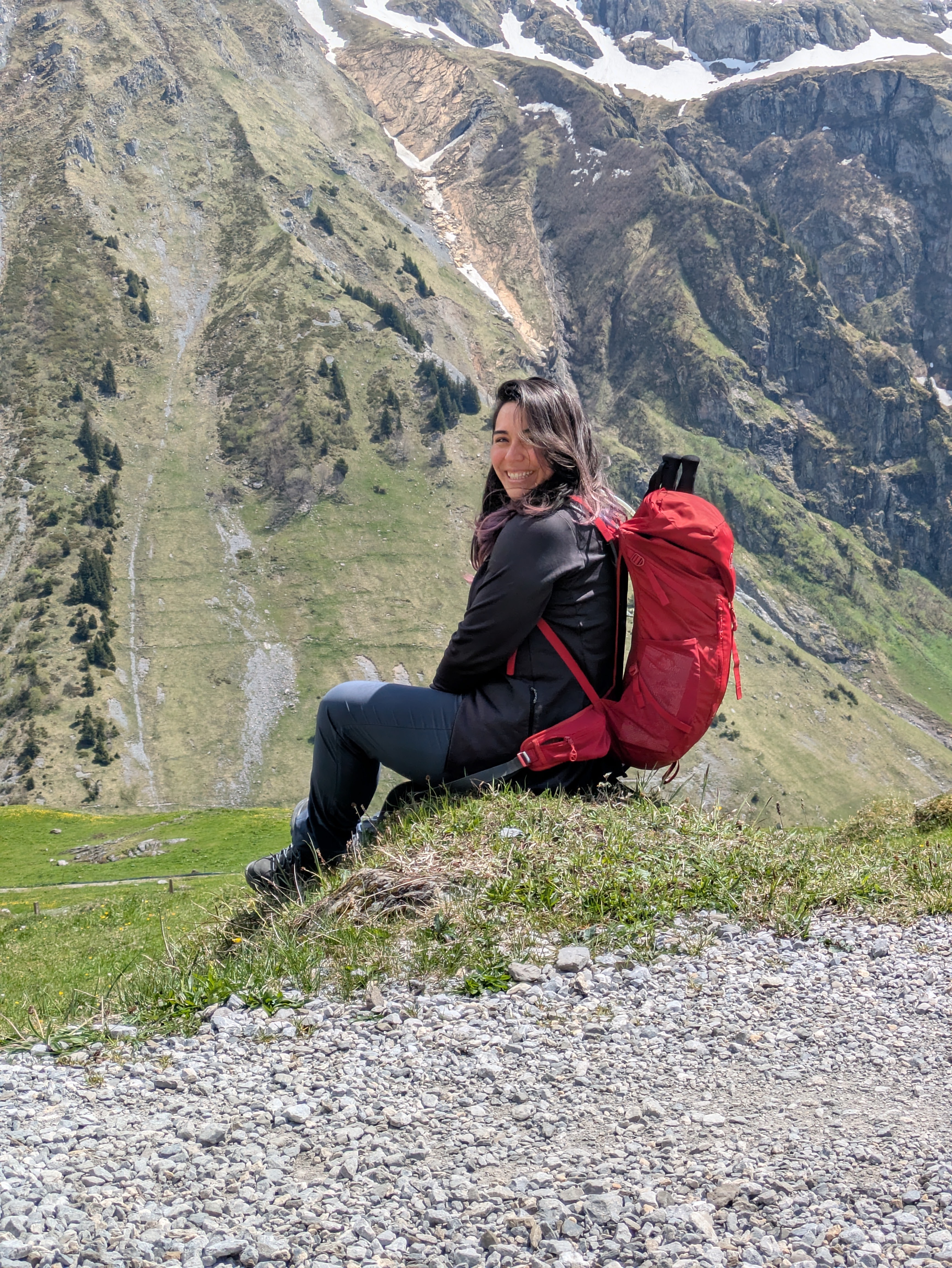
Swiss give cautious welcome to global trade deal

The 147 members of the World Trade Organization (WTO) have reached a landmark agreement in Geneva to put global trade liberalisation talks back on track.
Switzerland said it was satisfied with the accord, which foresees the gradual phasing out of protective tariffs and subsidies for its farmers.
After five days of marathon negotiations, WTO members finally succeeded in cutting a deal, almost a year after the last round of talks in Mexico collapsed acrimoniously over rich-country subsidies and protective tariffs for agriculture.
The Swiss – who with Japan led efforts to protect agricultural tariffs and subsidies – declared themselves satisfied with the outcome, even though they had to make concessions.
“It’s a positive result, a result we can live with,” said the economics minister, Joseph Deiss.
The details of the agreement have still to be worked out. The timetable to phase out the tariffs will be discussed in September.
But rich countries have in principle agreed to phase out tariffs and subsidies on agriculture in exchange for access to developing countries’ markets for industrial goods and services.
Significantly, the deal allows the poorest countries to keep import barriers in place to protect their industries from overseas competition.
The Swiss Farmers’ Union said the agreement was not balanced. Switzerland is in a special situation relative to other WTO members and requires tariffs, said a statement from the group representing dairy, meat, fruit, and vegetable farmers.
Slashing subsidies
Developing countries have long been demanding that rich nations drop subsidies worth around $350 billion (SFr435 billion) a year to farmers so they can gain better access to markets and compete on a level playing field.
Figures from the Federal Agriculture Office show that Swiss farmers stand to lose as much as SFr 2.5 billion ($2 billion) a year, as the result of cuts to their subsidies.
“Farmers will face additional economic pressure, but I hope this will be done with flexibility and at a reasonable pace,” Deiss said.
He described the deal as “a decisive step… that will allow better access to emerging markets, apart from Europe.”
Deiss added that the agreement takes into account the interests of all sectors of the Swiss economy.
Import duties
Throughout the discussions, Switzerland led a group of ten major food importers, which lobbied hard against moves to tighten limits on import duties for so-called “sensitive” products.
Switzerland – which is home to 7.5 million people – ranks 11th in the world when it comes to imports of agricultural products.
In the run-up to the Geneva talks, Switzerland’s farmers called on the government to defend their interests and not to bow to international pressure to relax import tariffs.
But after fierce pressure to reach a deal, mediators agreed to drop language which would have allowed rich farm importers like Switzerland to continue to protect certain products with high trade barriers.
The agreement accepts that rich nations have “sensitive” products, but leaves the issue of how they will be identified until a later date.
Global economy
Deiss said Switzerland had to address the needs of the global economy.
“All in all, Switzerland must be able to function in a global market that is working properly,” he said.
The non-governmental organisations, Oxfam International and Greenpeace, said the agreement favoured rich countries.
“The eleventh-hour deal reached in Geneva is far from meeting the needs… of poor countries,” said Oxfam spokeswoman Celine Carveriat in Geneva.
“Rich countries made vague promises in exchange for crucial concessions by the poor countries,” said Daniel Mittler of Greenpeace.
Back on track
In addition to agriculture, the text agreed in Geneva also covers industrial goods, services and plans to harmonise customs practices to curb corruption.
A successful conclusion to the talks, known as the Doha round, is still some years away.
But the World Bank estimates that removing all impediments to free trade could lift over half a billion people out of poverty.
The outline deal could also increase global GDP by $520 billion by 2015.
swissinfo, Anna Nelson in Geneva and Elizabeth Meen
The Group of Ten:
Switzerland
Japan
Bulgaria
Taiwan
Iceland
Norway
South Korea
Israel
Liechtenstein
Mauritius
Following nearly a week of marathon talks, the WTO’s 147 member states have agreed on a deal to get stalled global trade talks back on track.
The agreement is expected to slash billions of dollars in farm subsidies and create more open industrial markets.
Switzerland has called for a reasonable implementation period for its farmers’ sake.

In compliance with the JTI standards
More: SWI swissinfo.ch certified by the Journalism Trust Initiative





























You can find an overview of ongoing debates with our journalists here . Please join us!
If you want to start a conversation about a topic raised in this article or want to report factual errors, email us at english@swissinfo.ch.